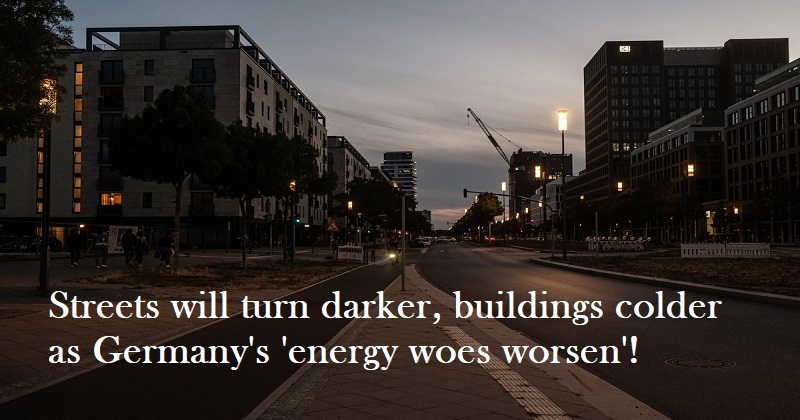
Winter is approaching and with it the looming threat of an energy shortage in Germany. To address this threat, the government of the country has approved a new bylaw that will make buildings colder and streets darker. Heating public spaces such as town halls and train waiting rooms above 19 degrees Celsius is prohibited by law (66.2F).
This rule, however, does not apply to social institutions such as hospitals. According to the Guardian, the legislation will take effect in about a week and will be in effect for six months. Germany recently reduced its Russian gas flows to 20% of capacity.
According to Reuters, the Russian gas giant Gazprom said the cut is due to a ‘technical issue’. Berlin, on the other hand, claims that the action is politically motivated in light of Europe’s sanctions imposed on Russia for its invasion of Ukraine.
Furthermore, in order to reorder transportation on the railways, legislation was passed to give trains carrying coal and oil priority over passenger or other commodities trains. In a press conference, Economy Minister Robert Habeck stated, ‘Overall, the measures reduce energy consumption. However, not to the point where we can say, That’ll do for now.’
The new law will also require radiators in hallways, foyers, entranceways, and technical rooms to be turned off. Buildings and monuments would no longer be illuminated solely for decorative purposes. Furthermore, businesses may be barred from keeping their storefronts lit at night. Private swimming pool heating will be prohibited as well.

Post Your Comments